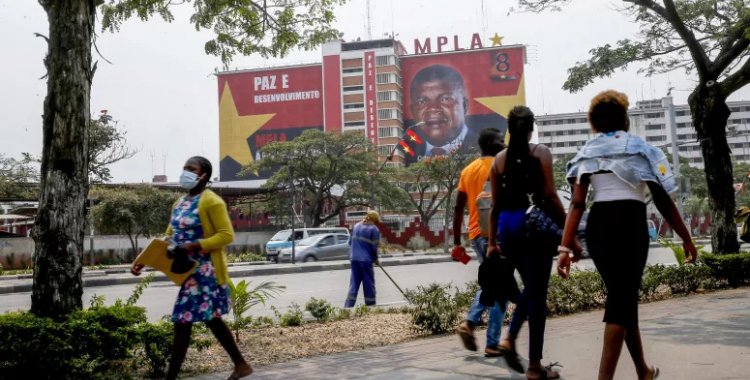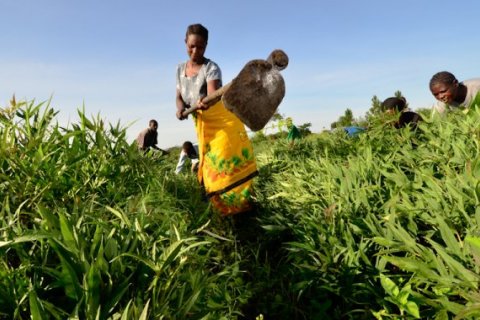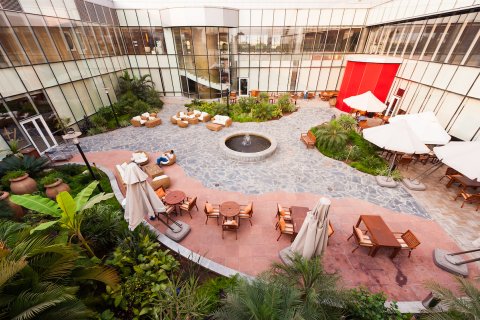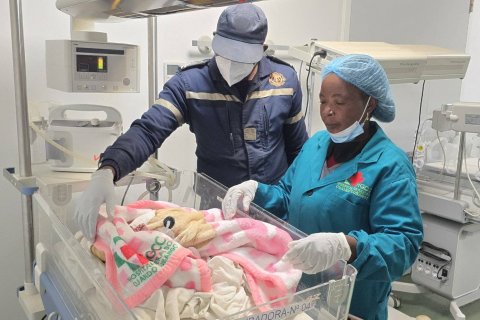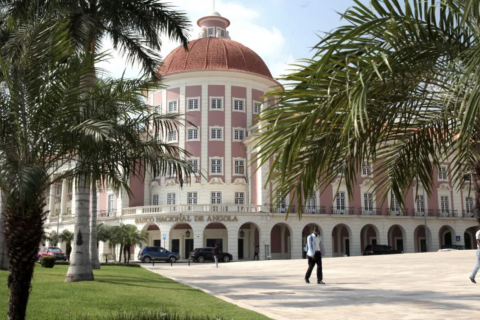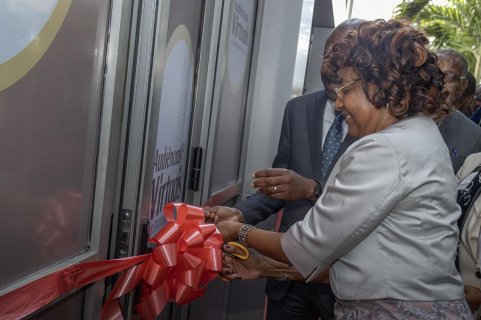The flags and posters of the eight competing political forces, mostly posted on public lighting posts, do not go unnoticed by those who circulate in the capital.
In Luanda's busiest avenues, such as Deolinda Rodrigues, Ho-Chi-Minh, Ngola Kiluanje, and in the Mutamba e 1.º de Maio squares, there are lampposts disputed by four flags of political opponents.
Images of candidates for the Presidency of the Republic are also visible throughout the city, ranging from medium and small posters and others on huge "billboards".
For Diogo Rosa, 52, who is going to vote for the fifth time, the electoral propaganda environment is typical of the time the country lives, with "each party doing its publicity".
"And now that the best wins, the (electoral) environment is going well, it's going well, everyone is ready to elect the new President and may the best win", he told Lusa.
Nurse Noémia Carneiro, 23, classifies the election campaign period as "a party to improve the country" and praises the "dynamics" of competitors in the hunt for votes.
"I'm enjoying the dynamics of the parties to motivate the people to vote, despite not having much sympathy for politics. I just hope that the best person wins, when there is an election, something always changes in the country", she considered.
The flags hoisted along the avenues in Luanda symbolize "preparation for the great democratic party, because it is already on August 24 that the President, the Vice-President and the deputies will be elected", Professor Euclides José Monteiro told Lusa.
The teacher who was passing by one of the markets on the side of the road in the interior of the Cassequel neighborhood, urban district of Maianga, in Luanda, also disapproved of the acts of "intolerance between militants of opposing parties", which he says he has already seen, especially in the placing of flags.
"There is a problem that is cyclical, which results from political intolerance and there are several reports in almost every corner of Luanda, from one group to another ripping flags, one forbidding the other to do propaganda", he reported.
The content of the message shared by the contestants was also praised by the 32-year-old professor, noting, however, that some parties still externalize messages that incite intolerance.
"There is a good message, although in some messages, from some political leaders, there is still manifest intolerance. It has a historical background of situations that the country has already lived and it is not good this year, in this fifth democratic party in the country", he shot.
Popular Movement for the Liberation of Angola (MPLA), National Union for the Total Independence of Angola (UNITA), Broad Convergence for the Salvation of Angola – Electoral Coalition (CASA-CE), Social Renewal Party (PRS) and the National Front for Liberation of Angola (FNLA) are the competitors.
In the electoral race are also the National Patriotic Alliance (APN), the Humanist Party of Angola (PHA) and the National Party for Justice in Angola (P-Njango), the last two approved this year by the Constitutional Court.
The electoral campaign, which began on the 24th of July, runs until the 22nd of August.
The President will be the head of the list of the most voted party by the national circle. The current head of state is running for his second term.

